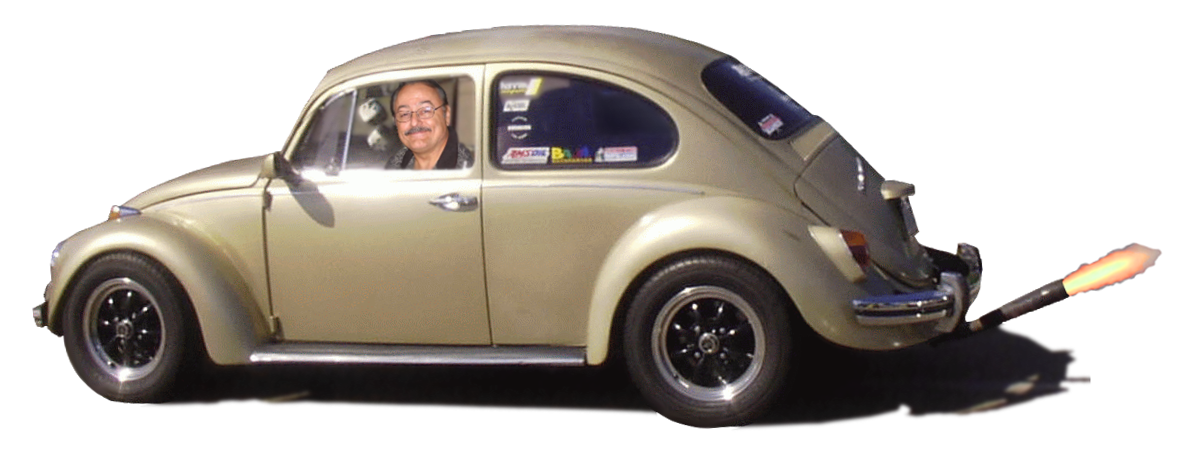This is a 304 stainless dry cell that was run for more than 10,000 miles in my 67 VW Beetle. Really not very sophisticated, but cheap way to make hydrogen from water for improving fuel mileage. This video is about 4 years old or so, but I do plan to add videos of better units soon. Adding too much hydrogen to an engine can be counter-productive and even harmful due to the properties of hydrogen. Hydrogen, compared to gasoline, has a very fast flamepoint. If you were to run 100% hydrogen the correct timing would be approximately 9 degrees AFTER top dead center (ATDC) compared to gasoline which varies the timing advance from 10 degrees BEFORE top dead center (BTDC) to more than 32 degrees BTDC. Having excessive hydrogen in the mix can lead to peak pressure in the cylinder before the piston reaches the top of its stroke. Since hydrogen has more than 130 octane you won't hear a "ping" or rattle sound, but the engine will load up. This leads to stress on the engine ...

